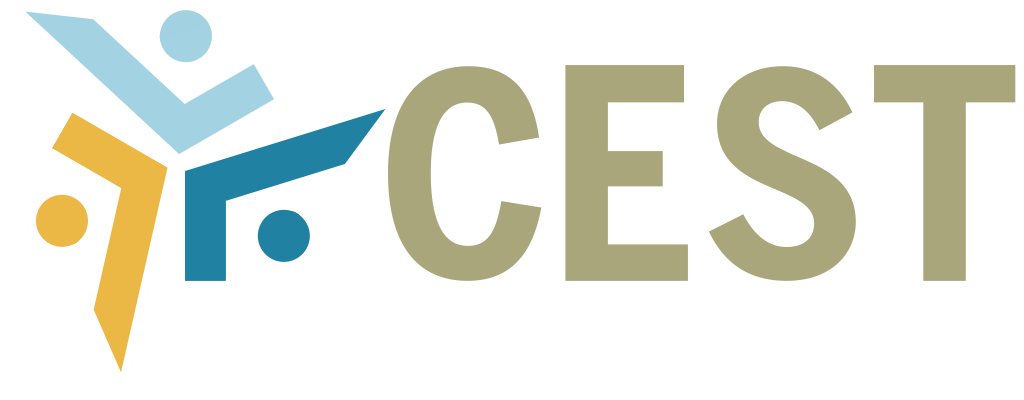On October 10, 17, and 24, 2020, the Society and Technology Study Center – CEST, the Escola Superior de Advocacia da Ordem dos Advogados do Brasil, São Paulo Section, and São Judas Tadeu – SJT UNIMONTE promoted an international seminar New Technologies, Law and Society. The event was online and had more than 130 registrants, with speakers from Brazil, Poland, Iraq, and El Salvador. Prof. Dr. Thiago F. Avanci from CEST / SJT was the mediator of the lectures.
On the first day (October 10), Prof. Dr. Edison Spina – representing CEST – and Profa. Me. Renata Fiori – representing SJT- Unimonteas opened the works. In the sequence, we had the lectures by Prof. Dr. Rafał Andrzej Łukasiewicz, from the University of Rzeszów, Poland, and by Prof. Dr. Eliseu Raphael Venturi, from the Federal University of Paraná, Brazil.
The theme of the first day was Bio-rights, Bioethics, and New Technologies. Prof. Rafał spoke about the process of new technologies, from facial recognition, applied to in vitro fertilization. He also commented on the harmful uses of eugenics, potentially violating ethics in assisted human reproduction, and how artificial intelligence can help this process by removing human interference. In turn, Prof. Eliseu held a philosophical debate about bioethics in postmodernity and explained that one of the concerns of bioethics should always be to aim at theoretical aspects and balance them with practice. He added that technology should be a constructive tool in this process.
Video of the event
The video of the lectures is available on Youtube.
On the second day (October 17), the theme was Public Administration and New Technologies. There were three lectures. Prof. Dr. Paiman Ramazan Ahmad, from the University of Raparin, Iraq, shared with the audience important aspects of new technologies as a management tool, especially in democratic participation and transparency. Prof. Dr. Flávio De Leão Bastos Pereira, from Universidade Presbiteriana Mackenzie, Brazil, talked about the use of technologies for human rights management in public administration and brought to the debate freedom of expression, racism, and the search for equality among indigenous, ‘quilombolas’ and traditional populations. Finally, prof. Dr. Marcelo Paulo Wacheleski, from the Federal University of Paraná, Brazil, presented, among other topics, an analysis of general principles related to the access of technology by the administration, as well as the benefits and potential risks of such technologies to the citizens.
Video of the event
The video of the lectures is available on Youtube.
On the third day (October 24), the theme was Fundamental Right of Due Process challenges and New Technologies. There were two speakers. The first to speak was prof. Dr. Rommell Ismael Sandoval Rosales, from University Dr. y Pro. José Matías Delgado, El Salvador, who considered how the electronic process for the judiciary is contributing to viable access to justice. Next, Prof. Dr. Michelle Asato Junqueira, from Universidade Presbiteriana Mackenzie, Brazil, presented reflections on the principles and challenges of new technologies in the judiciary system.
Video of the event
The video of the lectures is available on Youtube.
Photos
Click here to see the photos of the event.
Biography
Click here to find the biography of the speakers of this event.
Certificates
Participants will receive the certificate via their registered email.
 English
English Português
Português
